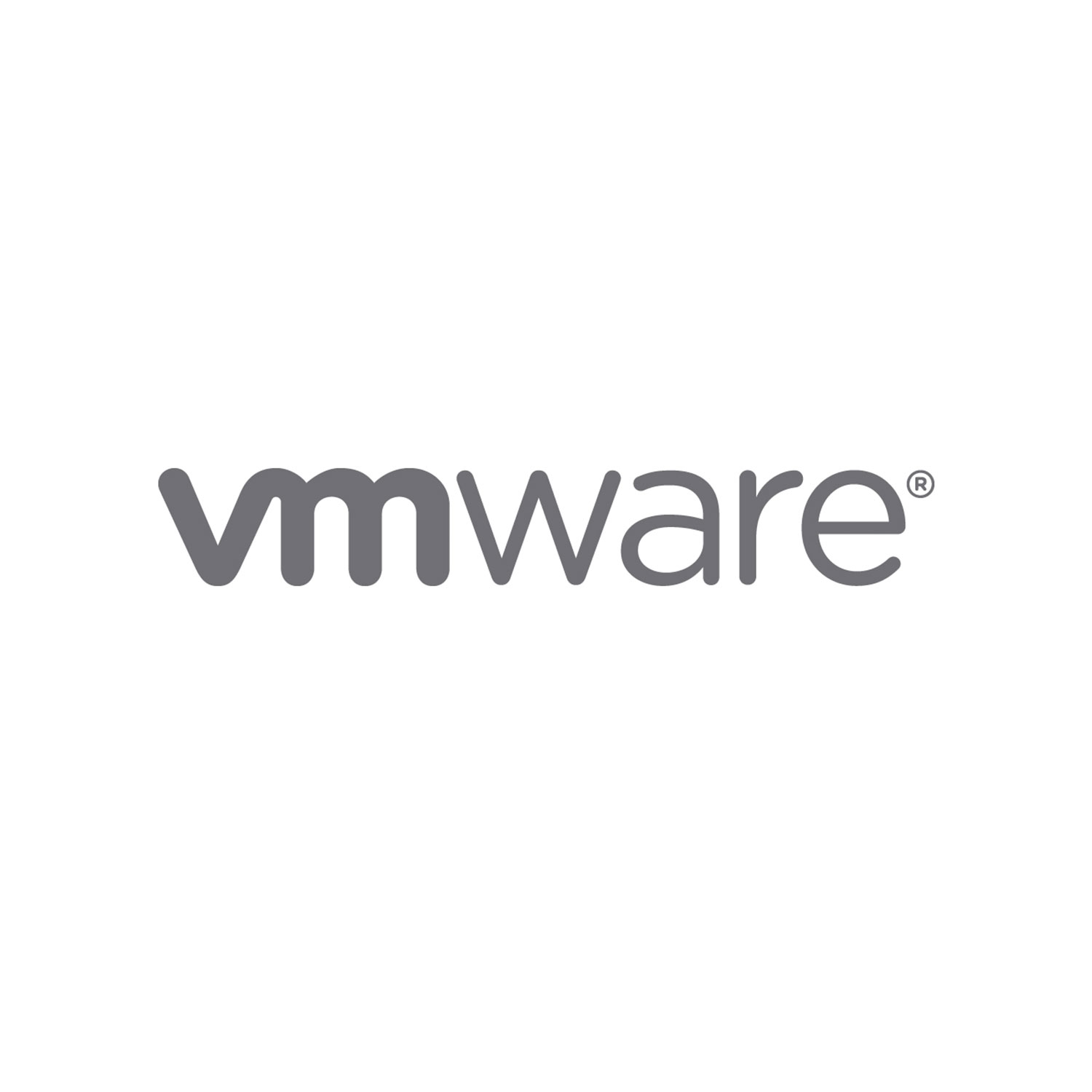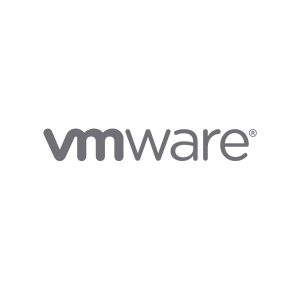Description
About This Course
Objectives
- Outline the tasks for upgrading from Virtual SAN 5 to Virtual SAN 6.
- Identify the different Virtual SAN features.
- Configure the Virtual SAN networking components.
- Plan, Design and Configure a Virtual SAN cluster.
- Identify benefits of storage policies.
- Configure virtual machine storage policies.
- Deploy virtual machines on a Virtual SAN Datastore
- Identify Storage Area Network (SAN) performance factors.
- Identify storage architectures.
- Describe the Virtual SAN architecture.
- Identify Virtual SAN use cases.
- Perform ongoing Virtual SAN management tasks.
- Use the Ruby vSphere Console (RVC).
- Monitor Virtual SAN with Virtual SAN Observer.
Intended Audience:
Storage and virtual infrastructure administrators who want to use software-defined storage with Virtual SAN
Prerequisites:
- Storage administration experience on block or file storage devices
- Understanding of concepts presented in the VMware vSphere: Install, Configure, Manage course
Course Outline
- Course Introduction
- Describe the software-defined enterprise
- Describe the software-defined data center
- Describe the Virtual SAN architecture
- Configure the Virtual SAN networking
- Configure Virtual SAN
- Manage and monitor Virtual SAN
- Deploy virtual machines on a Virtual SAN datastore
- Identify benefits of storage policy-based management
- Storage Fundamentals
- Define common storage terminologies
- Identify common SAN architectures
- Identify characteristics of storage devices: magnetic and flash-based devices
- Identify and explain the differences between file, block, and object-oriented storage architectures
- Identify SAN performance factors
- Compare and contrast local, centralized, and distributed storage architectures
- Introduction to Virtual SAN
- Describe Virtual SAN 6
- Describe the differences between the Virtual SAN 6 hybrid and all-flash architectures
- Identify the available options to build a Virtual SAN 6 cluster
- Virtual SAN Configuration
- Identify physical network configuration requirements
- Configure the Virtual SAN virtual network
- Configure a Virtual SAN 6 cluster
- Test and validate the Virtual SAN 6 configuration and functionality
- Virtual SAN Policies and Virtual Machines
- Explain how storage policies work with Virtual SAN 6
- Calculate storage requirements while defining a virtual machine storage policy
- Define the purpose of virtual machine storage policies and their attributes
- Define and create a virtual machine storage policy
- Apply and modify virtual machine storage policies
- Change virtual machine storage policies dynamically
- Identify virtual machine storage policy compliance status
- Describe how vsanSparse snapshots work
- Explain the considerations for vsanSparse snapshots
- Discuss the vsanSparse snapshot format
- Managing and Operating Virtual SAN
- Manage hardware storage devices
- Manage hardware device failures
- Identify and configure VMware vCenter Server™ alarms for Virtual SAN events
- Describe and configure fault domains
- Upgrade from Virtual SAN 5.5 to Virtual SAN 6
- Interoperability with vSphere Features
- Identify VMware vSphere® features and VMware products that interoperate with Virtual SAN 6
- Describe how Virtual SAN 6 interoperates with VMware vSphere® Enterprise Edition™ features
- Describe how Virtual SAN 6 interoperates with third-party products and solutions
- Monitoring and Troubleshooting Virtual SAN
- Identify tools to troubleshoot Virtual SAN 6
- Use the Virtual SAN 6 health check plug-in
- Monitor and troubleshoot Virtual SAN 6
- Troubleshoot Virtual SAN 6 upgrades
- Designing a Virtual SAN Deployment
- Understand the Virtual SAN design basics
- Plan and design the Virtual SAN clusters
- Consider the Virtual SAN hybrid and all-flash designs
- Describe the Virtual SAN use case design considerations
- Identify the design and sizing tools for Virtual SAN


